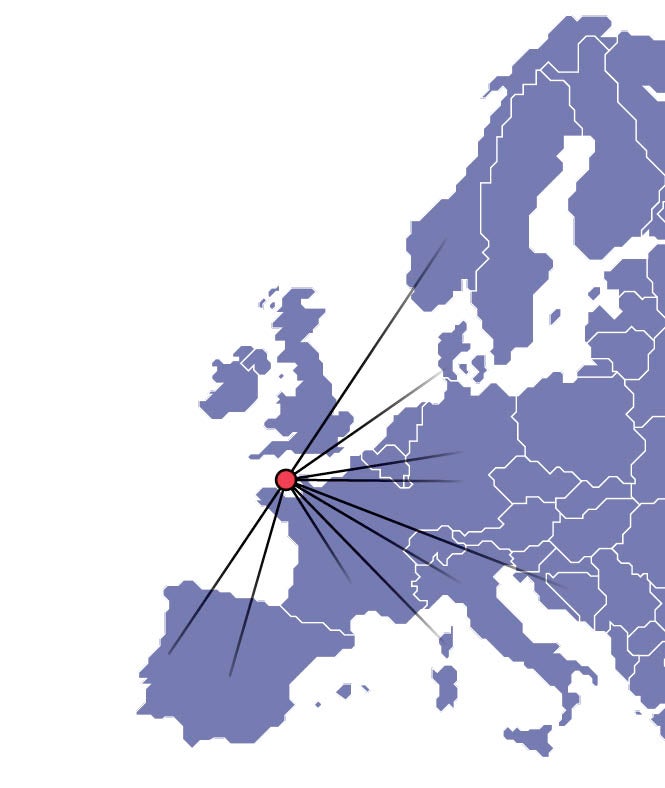The Channel Islands of Jersey and Guernsey were quick to recognise that the alternative investment fund managers directive (AIFMD), introduced in the European Union in 2013, might be good for business. It would give them an opportunity to bolster their attractiveness as a base for alternative investment funds.
Eyeing quick access to the third-country passport system, which was one of AIFMD’s provisions, both jurisdictions, which are outside the EU, despite their close links with the UK, worked hard to create regulatory frameworks that matched what was required by AIFMD.
If the islands, known in France as Les Îles Anglo-Normandes, could gain acceptance for the passport, alternative investment funds would flock to their shores, as they would provide a convenient, low-tax base from which funds could seamlessly market themselves across all EU states.
Initial AIFMD optimism fades to stagnation for Channel Islands
Initially things seemed to going swimmingly for the two Channel Islands. Paris-based regulator, the European Securities and Markets Authority (ESMA), declared in 2015 that both had, in principle, qualified for the passport regime. ESMA reconfirmed this the following year, when it also recommended Canada, Japan and Switzerland as eligible nations.
But industry sources say the European Commission, which has the final say on such decisions, having more or less turned against extending the AIFMD passport to any non-EU countries, is withholding approval. Observers suggest this could be down to protectionism, a desire for regulatory cohesion, a mistrust of non-EU regulators or a desire for greater reciprocity from prospective partner nations. The EC may also believe that the still relatively immature AIFMD regime needs refinement before it can be rolled out beyond the EU’s borders.
Sean Tuffy, head of market and regulatory intelligence for Citi’s Custody and Fund Services, says: “Until we know what Brexit means, and even beyond that, we’re unlikely to see any movement. Most of the industry has given up waiting, just accepting that, if they want to access the passport, they’re going to have to consider alternatives like setting up European fund structures.” He says this has probably come as a blow to AIFMD passport wannabes like the Channel Islands.

Brexit threat to lasting success of NPPR
It’s not all doom and gloom in St Helier on Jersey and St Peter Port on Guernsey, however. Professional advisers say the pre-existing national private placement regime (NPPR) continues to serves funds based there extremely well.
Speaking at the Guernsey Funds Forum in May, funds lawyer Leith Moghli, a partner at London-based law firm Reed Smith, said the AIFMD passport had, in any case, turned out to be a bit of a damp squib and was not widely used. “National private placement works better than the passport regime – it’s cautious and flexible,” he noted.
Adam Jacobs-Dean, head of markets regulation at the Alternative Investment Management Association, agrees, saying that NPPR remains the “tried-and-tested route” for non-EU-based alternative investment funds seeking to market themselves across Europe. “Most of our member firms are familiar with the NPPRs that exist in member states and are keen to see those stay in place. While it doesn’t work in every member state, it does in the key ones,” he says.
The challenge for the funds industry, however, is that jurisdictions including France and Germany had started to limit NPPR access to their markets even before the UK’s June 2016 Brexit referendum. “There’s now a worry that it’s going to become increasingly difficult to sell into Europe under the NPPR,” says Mr Duffy. So this could be yet another European door slamming in the fund industry’s face.
Initial AIFMD optimism fades to stagnation for Channel Islands






